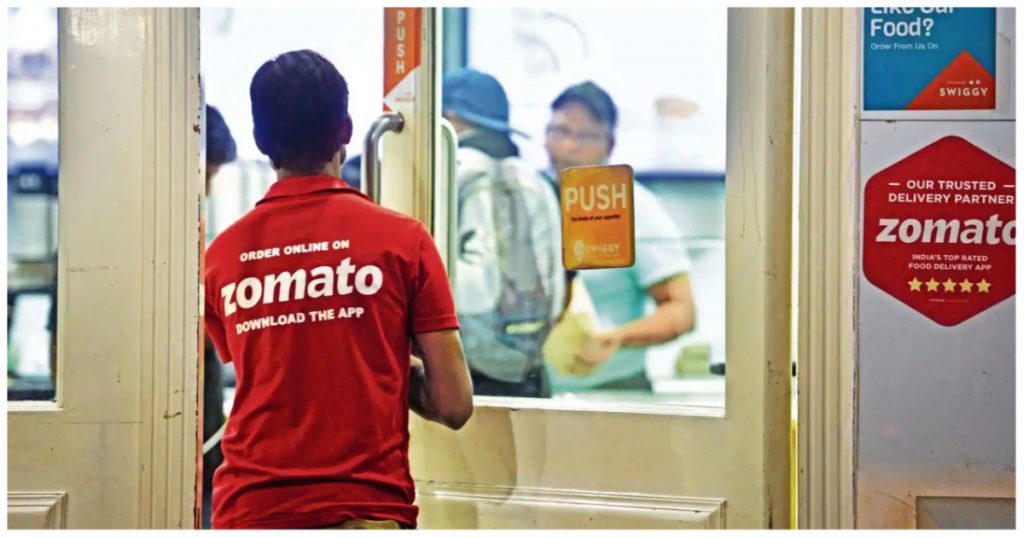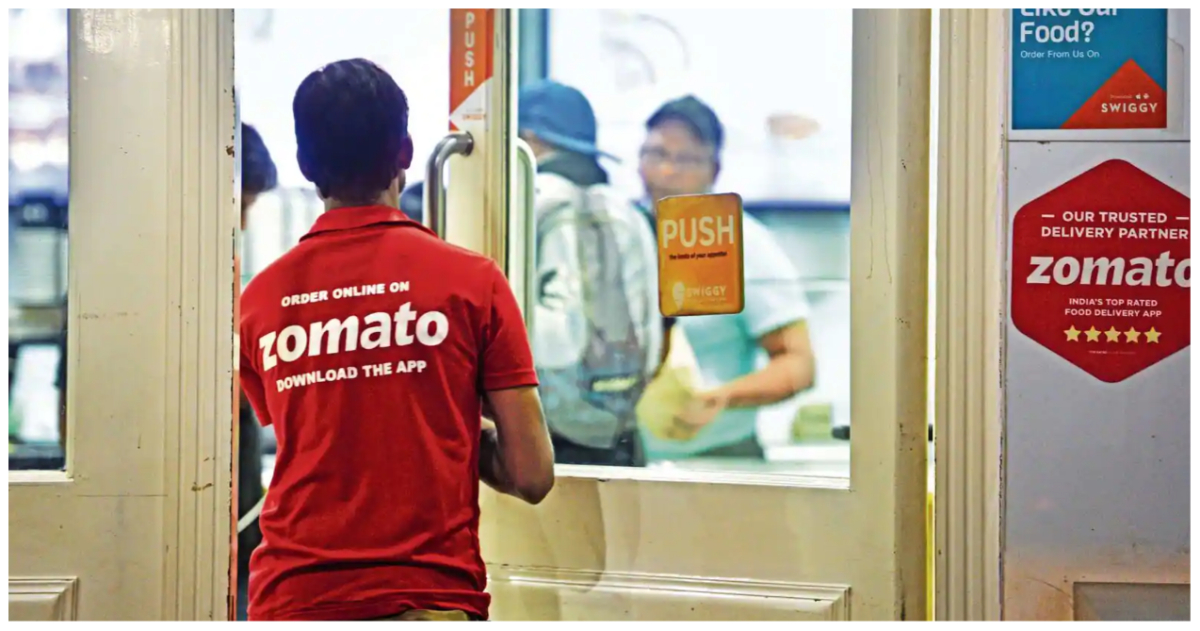Zomato has already reported a few profitable quarters, but the company is still trying to extract as much as it can from a single order.
Zomato has raised its platform fee to Rs. 5 per order. The change was effective from 20th April, and is currently live on its app. This platform fee is separate from its taxes, packing, handling and delivery charges.

The idea of a platform fee was first introduced by Zomato’s arch rival Swiggy in April 2023, when the company had begun experimenting with a Rs. 2 platform fee for orders. Not long after, Zomato had introduced a platform fee of its own of Rs. 2 per order. By August 2023, Zomato had raised its platform fee to Rs. 3 per order, and starting 1st January 2024, Zomato had raised its platform fee to Rs. 4 per order. Now in April 2024, Zomato has raised its platform fee to Rs. 5 per order. This translates to a 150 percent increase in Zomato’s platform fee in the last twelve months. Swiggy too currently charges a platform fee of Rs. 5 per order.
And while a Rs. 5 platform fee doesn’t sound like much, the numbers could quickly add up. Zomato had delivered 647 million orders in FY23, and a Rs. 5 platform fee could add up to a neat Rs. 323.5 crore windfall for the company. In comparison, Zomato had reported a loss of Rs. 971 crore in FY23, so this platform fee alone could potentially cut its losses by a third.
And Zomato and Swiggy have been very clever about how they’ve introduced the platform fee. Just a year ago, the fee had started off at Rs. 2 per order, which wouldn’t have worried most customers, or affected their ordering patterns. The companies clearly saw no decline in orders, and looked to double down, and increased the fee to Rs. 3, and then to Rs. 4. The fact that these companies now have set the platform fee at Rs. 5 shows that the platform fee is having no impact on orders, and even if it is, it’s more than offset by the Rs. 323 crore the fee is earning the companies annually. And given how things have been so far, it’s likely that the platform fee will keep increasing until it starts affecting demand for the two food delivery players.
